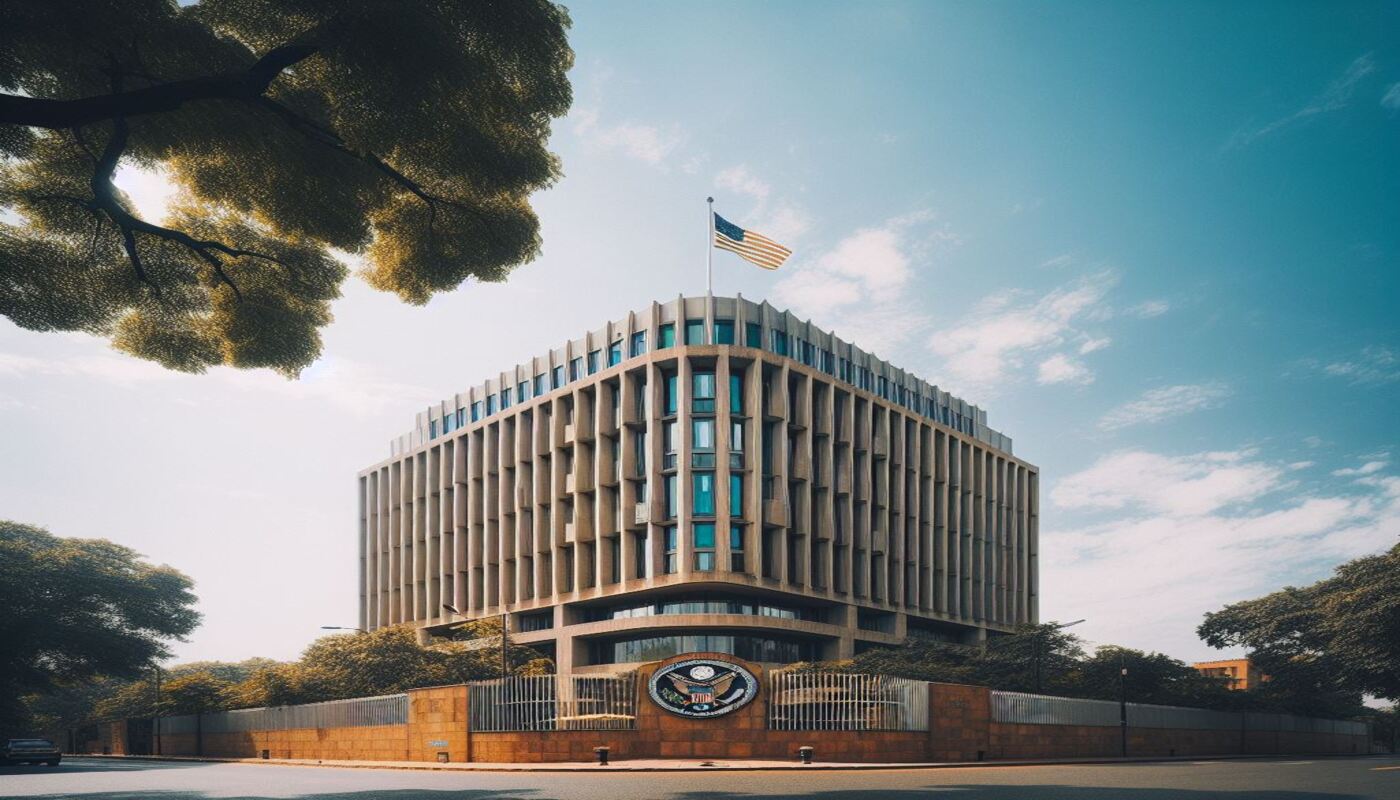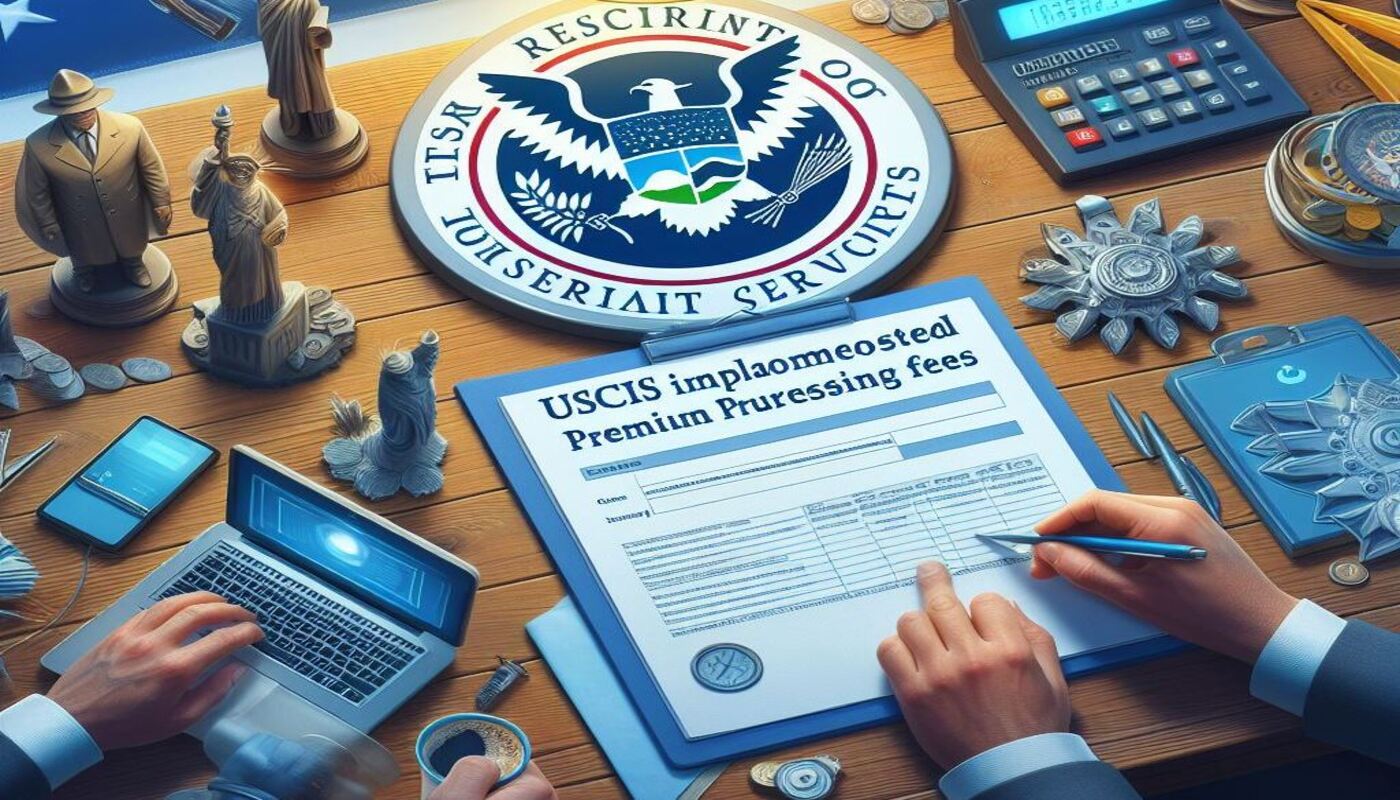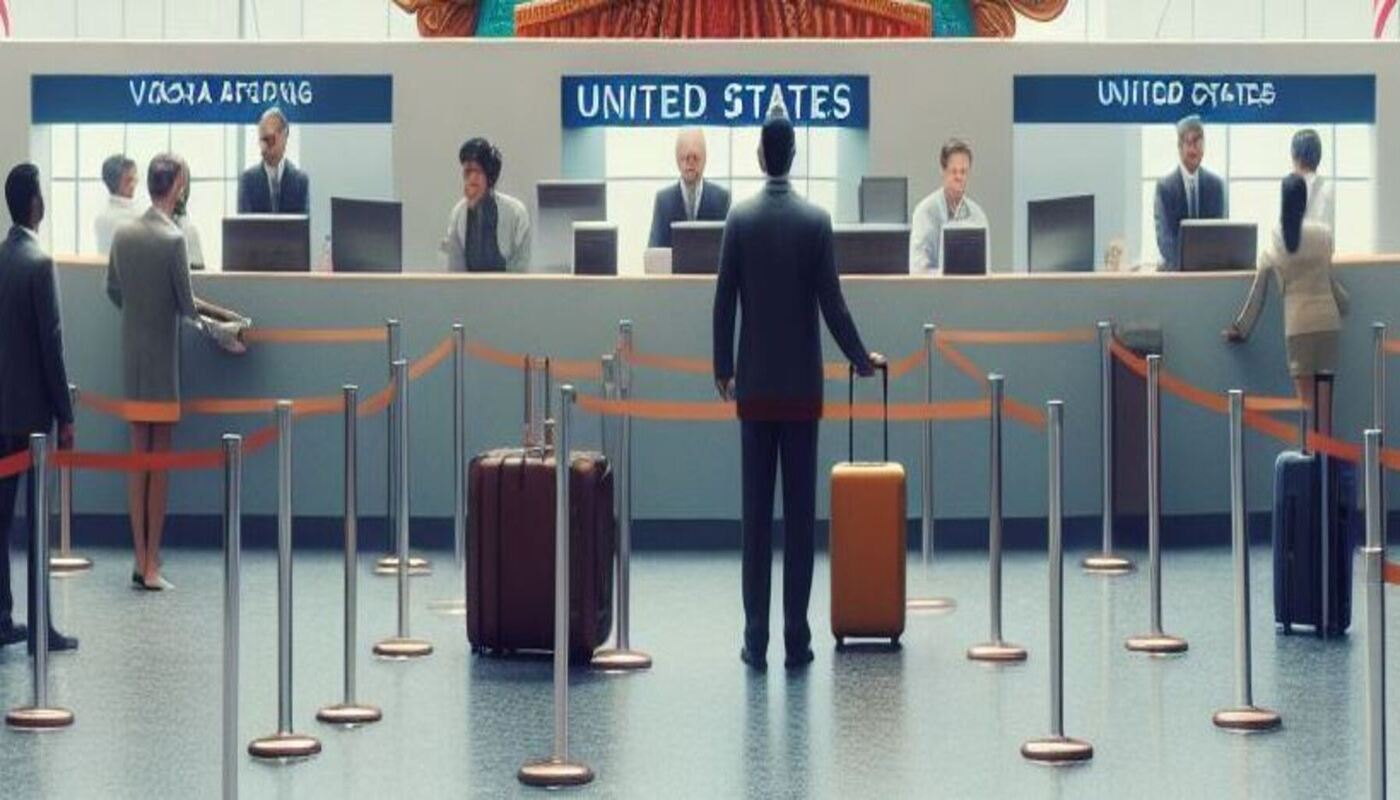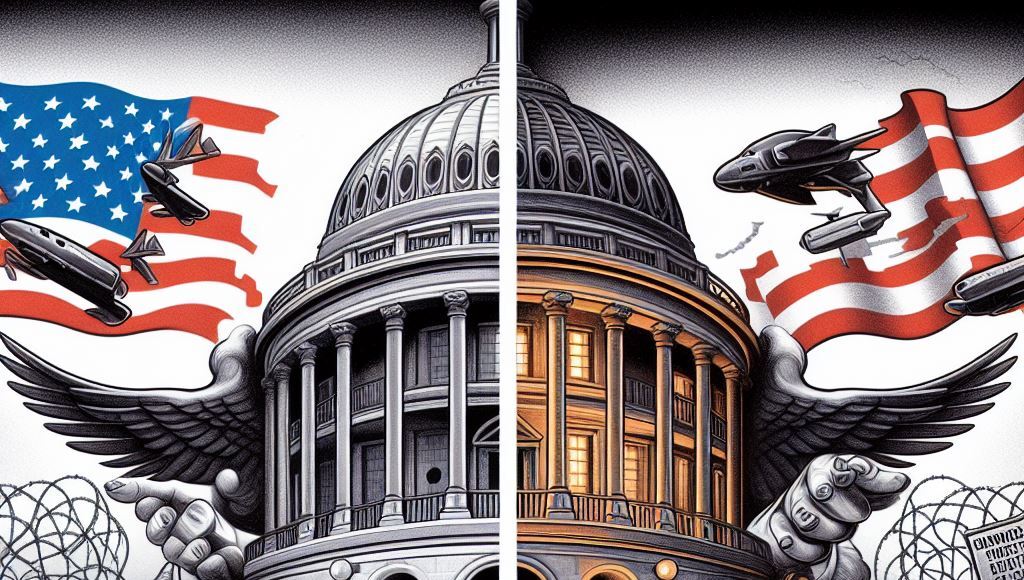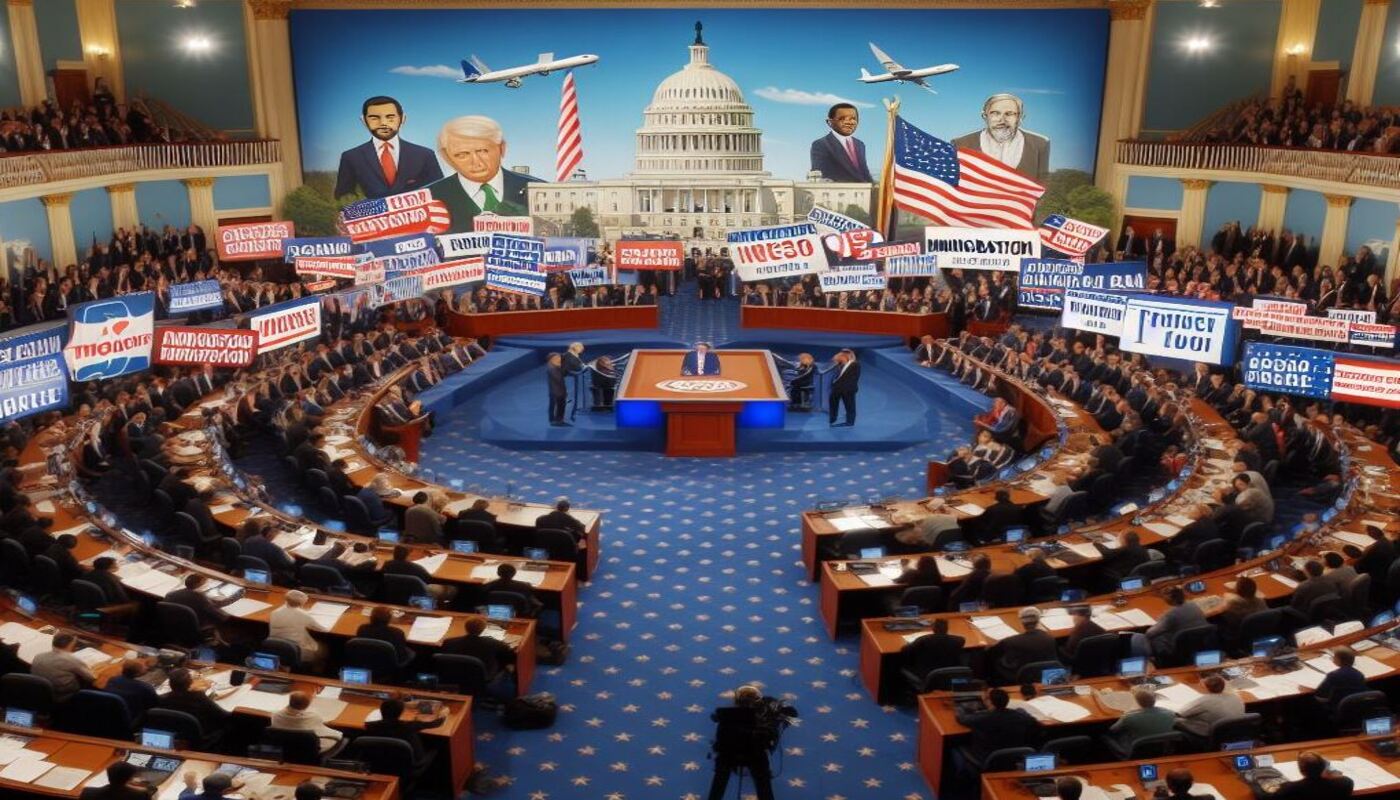The H1B foreign worker program is on the brink of notable transformations, with the Biden administration introducing proposals aimed at providing relief to US work visa applicants. On October 23, the US Citizenship and Immigration Services (USCIS) is set to reveal the details of these new regulations.
Secretary of Homeland Security Alejandro N Mayorkas emphasized that the Biden-Harris administration’s primary focus is attracting global talent, easing the burdens on employers, and addressing fraud and misuse within the immigration system.
While the annual limit of 60,000 H1B visas, set by Congress, will remain unchanged, the Department of Homeland Security (DHS) is contemplating changes to the selection process for H1B registrations. Currently, submitting multiple registrations for an individual increases their chances of being selected through a lottery system. The proposed rule suggests entering each person’s registration into the selection process only once, irrespective of the number of registrations submitted on their behalf. This streamlined approach aims to enhance fairness and transparency, according to a statement from the DHS.
The adjustments aim to reduce or eliminate the advantage gained from multiple registrations for the same beneficiary, providing more freedom for beneficiaries to choose among legitimate job offers. Additionally, the rule includes a ban on related entities submitting multiple registrations for the same beneficiary and formalizes USCIS’ authority to conduct site visits, with non-compliance potentially leading to petition denial or revocation, as outlined by the DHS.
A prominent advocate for immigration reform within the Indian American community, Ajay Bhutoria, praised the proposal, stating, “These proposed changes mark a significant step towards streamlining our immigration system and making it more accessible for highly skilled professionals and students from around the world.”
The H1B program’s crucial role in enabling US employers to hire the talent they need, while complying with US worker protection regulations, remains at the forefront of these proposed adjustments.
Source: TRAK



